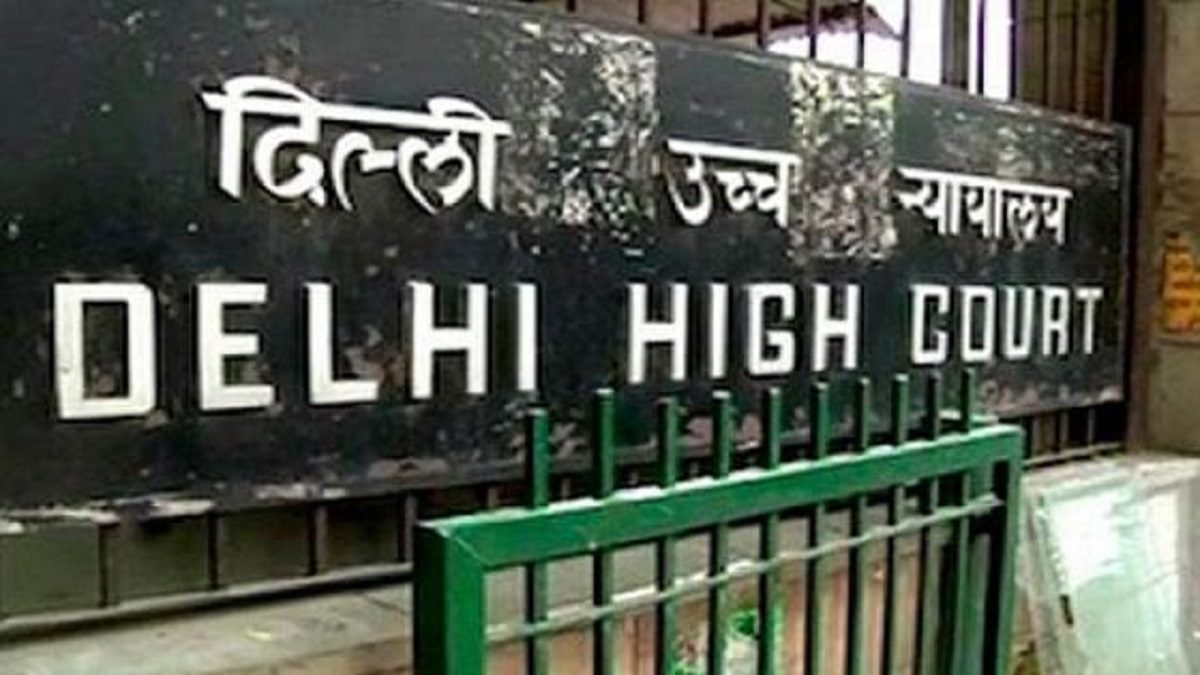Case title: MASTER HITESH VERMA VS. DAV PUBLIC SCHOOL & ANR.
Case no: W.P.(C) 2129/2024
Order on: 29.02. 2024
Qoram: HON’BLE MR. JUSTICE C. HARI SHANKAR
Fact of the case:
A student named Hitesh Verma, represented by his father, belonging to the Other Backward Classes (OBC), applied for school admission. Applied for admission under the Disadvantaged Group (DG) category through the Department of Education (DoE). His name was selected through a lottery system run by the Department of Education (DoE). The school he was allotted, DAV Public School, refused to admit him. The petitioner’s father approached various authorities but did not immediately seek judicial redress. A year later, Hitesh’s father filed a writ petition asking for Hitesh to be admitted to Class II at the same school for the subsequent academic year.
Legal provisions:
- Right to Education Act (RTE Act):
The RTE Act ensures that children have the right to free and compulsory education, which includes provisions for admission of children from disadvantaged groups.
- Writ of Mandamus:
A writ of mandamus is a judicial order directing a government official or entity to perform a duty that they are legally obligated to complete.
- Doctrine of Ubi Jus Ibi Remedium:
This legal maxim means “where there is a right, there is a remedy.” It implies that a remedy must be available when a legal right is infringed
Contentions of Appellant:
The petitioner, Hitesh Verma, argued that he was entitled to admission to Class I at DAV Public School based on the allotment by the Department of Education (DoE) through a computerized lottery system. Despite being informed of his selection, the school refused to admit him. Hitesh’s father claimed that he approached various authorities to resolve the issue but received no assistance. Due to the refusal of admission to Class I, the petitioner sought a court order to admit Hitesh to Class II at the same school.
Contentions of Respondents:
The school’s counsel, Mr. Yogesh Kumar, who acted as respondent, pointed out discrepancies between the details filled in the original application for admission and the details provided in the writ petition. The respondent argued that the petitioner had only been allotted a seat in Class I, not Class II. There was no allotment or entitlement for admission to Class II through any subsequent lottery.
Court analysis& Judgement:
The court acknowledged the discrepancies in the details provided by the petitioner’s father. However, the father explained that these errors were due to mistakes made by his wife when filling out the forms. The court emphasized that the right to admission under the Disadvantaged Group (DG) category can only be enforced if it stems from an allotment by the DoE through the computerized draw of lots. The petitioner was only allotted a seat in Class I and did not seek timely judicial redress for the refusal of admission in that class. The court ruled that it cannot issue a writ of mandamus to direct the school to admit the petitioner to Class II without an allotment for that class by the DoE. Such a writ would lack an enforceable right and could unfairly prejudice other students who might have applied and been shortlisted for Class II through the proper procedures. The petition was dismissed. The court stated that without a DoE allotment for Class II, there was no enforceable right to admission. The court did not award any costs and highlighted the importance of addressing such issues contemporaneously.
“PRIME LEGAL is a full-service law firm that has won a National Award and has more than 20 years of experience in an array of sectors and practice areas. Prime legal fall into a category of best law firm, best lawyer, best family lawyer, best divorce lawyer, best divorce law firm, best criminal lawyer, best criminal law firm, best consumer lawyer, best civil lawyer.”
Judgement Reviewed By- Antara Ghosh


